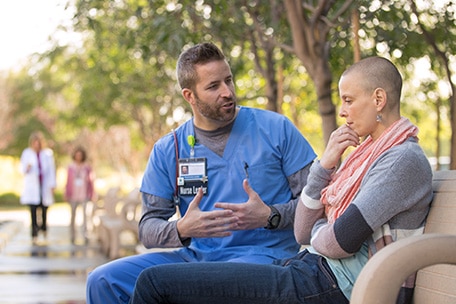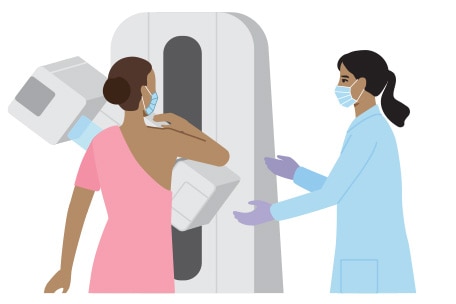A cancer research study helps us improve our understanding of cancer risks and find better ways to detect and treat different types of cancer.
Our research teams collaborate with our doctors and other health care professionals to turn their findings into improved care for people with cancer. They also quickly share new or updated protocols with cancer specialists throughout Kaiser Permanente. That way, our patients benefit from the most advanced treatment as soon as possible. And we share our findings beyond Kaiser Permanente, which helps improve care for everyone in the broader community.
Depending on your situation, you may be able to volunteer for a research study. Each study has unique eligibility requirements. Your doctor can help you decide if there’s one that’s right for you.














